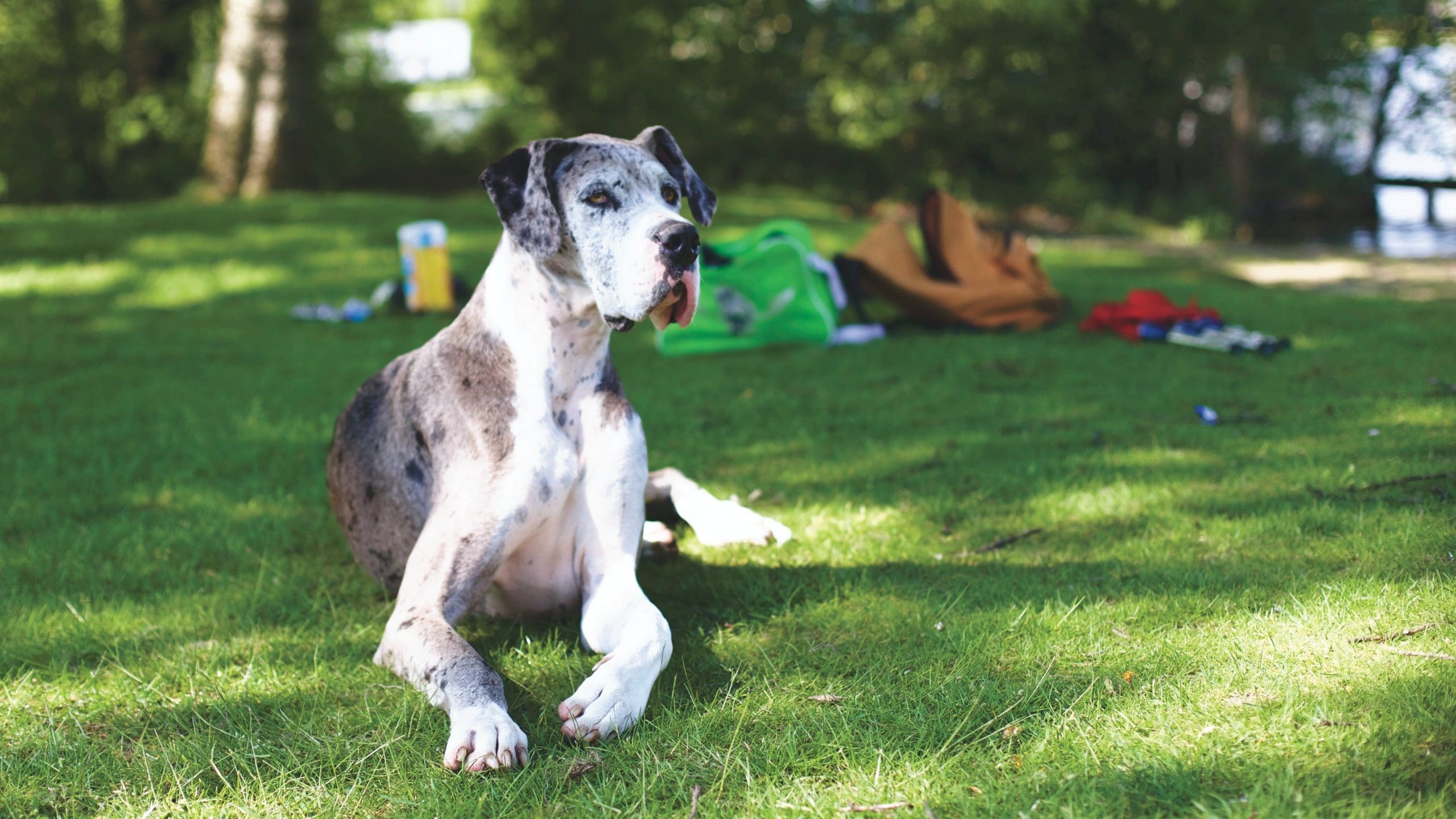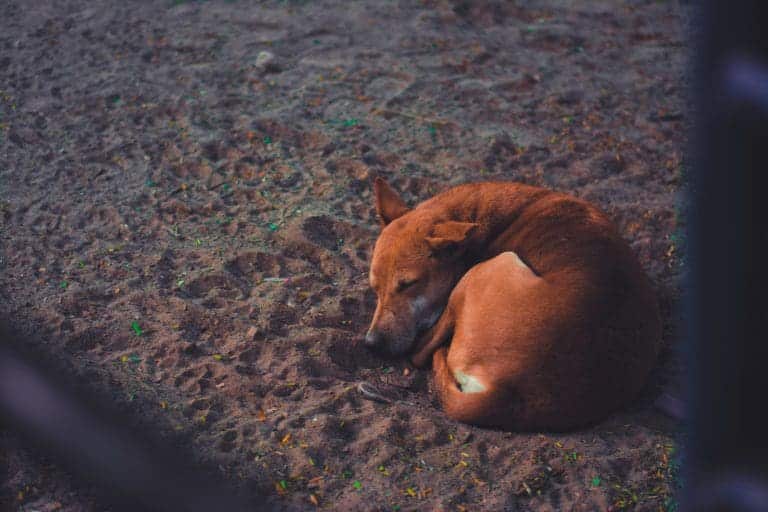How To Treat Hemorrhagic Gastroenteritis In Dogs At Home?
Post Date:
December 10, 2024
(Date Last Modified: December 13, 2024)
Hemorrhagic gastroenteritis (HGE) is a serious condition affecting dogs of all ages, breeds, and sizes. It presents with sudden vomiting and diarrhea, often with blood. Though alarming for pet owners, understanding how to manage it at home can ease some concerns while you work with your veterinarian.
Recognizing the Symptoms
HGE can arise from various causes, including dietary indiscretion, infections, parasites, and stress. Symptoms are typically easy to spot. If your dog shows signs of lethargy, loss of appetite, vomiting, or diarrhea—particularly if the diarrhea is bloody—immediate action is necessary.
Immediate Veterinary Care
If you suspect HGE, contact your veterinarian right away. They can confirm the diagnosis and recommend treatment options. While veterinary care may be crucial, there are steps you can take at home to help your dog feel more comfortable during recovery.
Hydration is Key
Keeping your dog hydrated is vital. Vomiting and diarrhea can lead to rapid fluid loss and dehydration. Offer small amounts of fresh water frequently. If your dog is hesitant to drink, try ice chips or a small amount of low-sodium chicken broth to encourage fluid intake.
Monitoring Your Dog’s Condition
Observe your dog closely. If you see any signs of severe distress, such as persistent vomiting, inability to keep water down, or extreme lethargy, seek veterinary help immediately. Your vet may recommend an examination and possibly intravenous fluids for dehydration.
Fasting for Recovery
In the early stages of HGE, withholding food for 12 to 24 hours can be beneficial. This fasting period allows the gastrointestinal tract to rest. After fasting, gradually reintroduce food, starting with bland, easily digestible options like boiled chicken (without skin or bones) and white rice. Offer small portions multiple times a day to avoid overwhelming your dog’s stomach.
The Role of Probiotics
Probiotics are helpful for restoring good bacteria in your dog’s gut after HGE. These supplements can support recovery and improve digestive health. Choose a high-quality probiotic specifically designed for dogs and follow the recommended dosages.
Cautious Transition Back to Regular Food
Once your dog starts to recover, transition back to their regular diet slowly over several days to prevent further gastrointestinal upset. Avoid sudden dietary changes and be cautious with table scraps or new treats that may trigger issues.
Maintaining a Clean Environment
A clean living space promotes recovery and prevents future HGE occurrences. Clean up any waste promptly to reduce the risk of re-infection, and ensure your dog doesn’t have access to spoiled food or trash.
Reducing Stress
Stress can contribute to gastrointestinal problems in dogs. Create a calm environment for your pet during recovery. Provide a quiet, comfortable resting area and engage in gentle activities, such as short walks, avoiding anything too strenuous.
Vigilance Against Parasites
Parasites can lead to gastrointestinal issues, including HGE. Ensure your dog is on a regular deworming schedule as advised by your veterinarian. Testing for parasites may be necessary if your dog shows gastrointestinal distress, as early intervention can prevent more severe problems.
Importance of Regular Veterinary Check-ups
Even after recovery, regular veterinary visits are essential. Your veterinarian can monitor your dog’s overall health and help identify any underlying issues that may have contributed to HGE. Being proactive about your pet’s health can prevent future problems and ensure a long, healthy life.
Recognizing the signs of HGE and knowing how to manage it at home empowers pet owners to act swiftly during stressful times. While home care can be effective for mild cases, consulting a veterinarian remains critical for proper diagnosis and treatment. Trust your instincts and seek professional help when needed. Your dog relies on you for care and comfort, and your attentive approach can make a significant difference.






